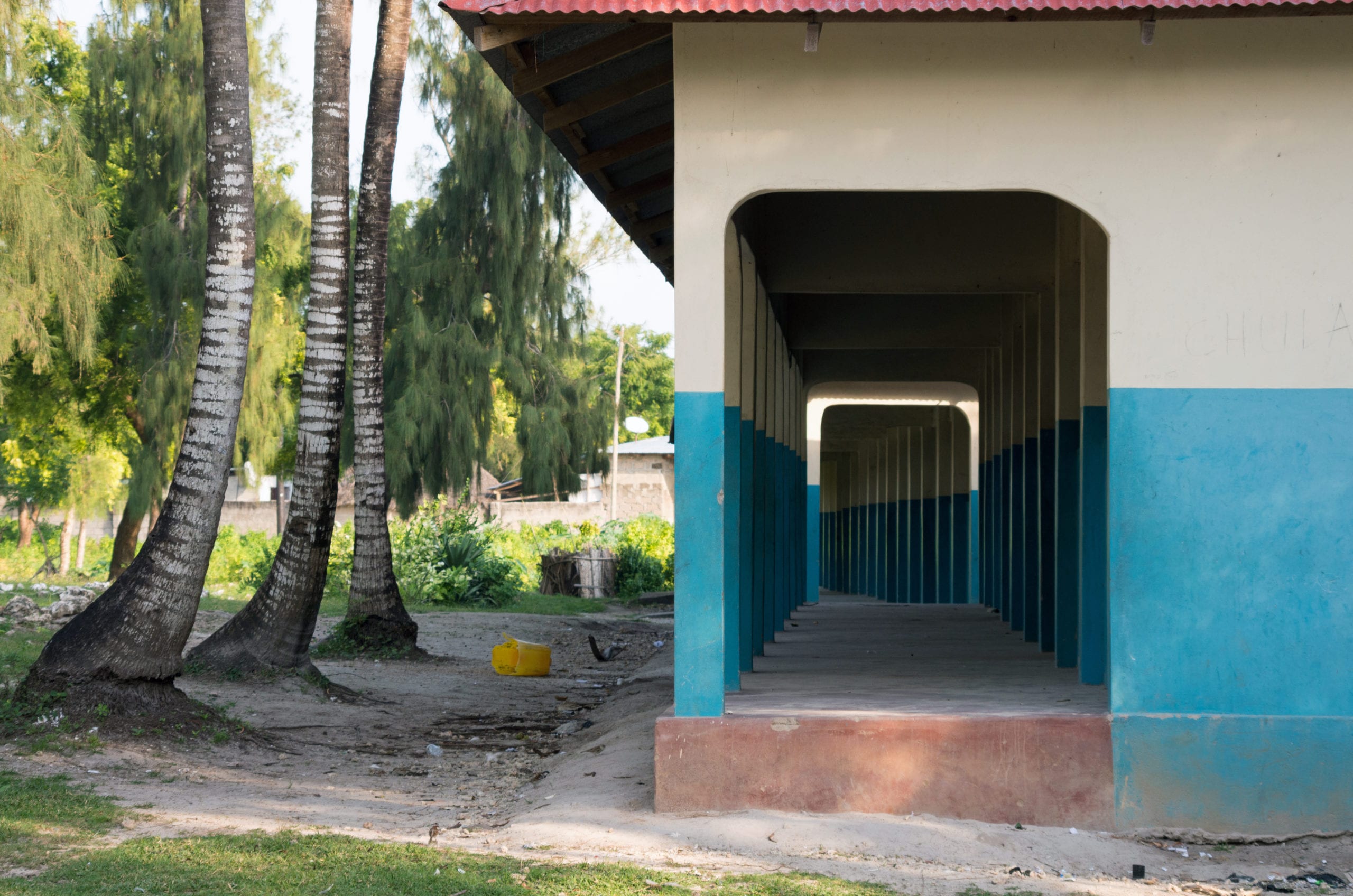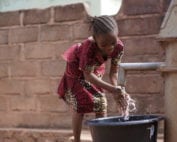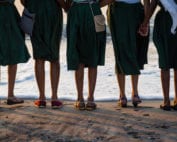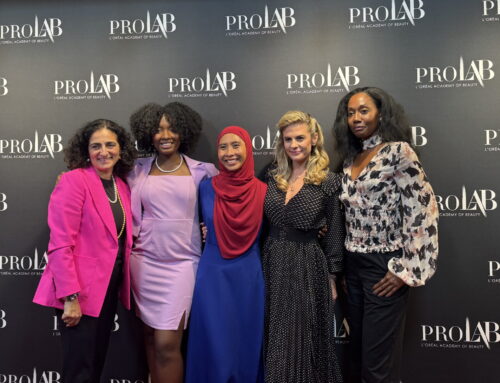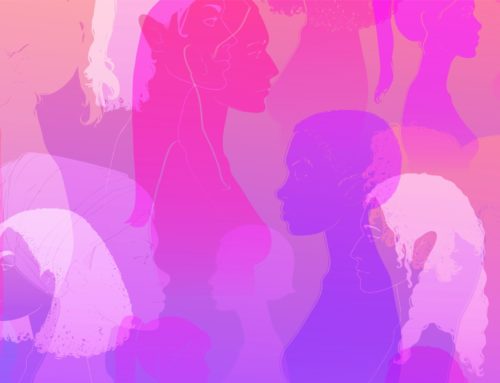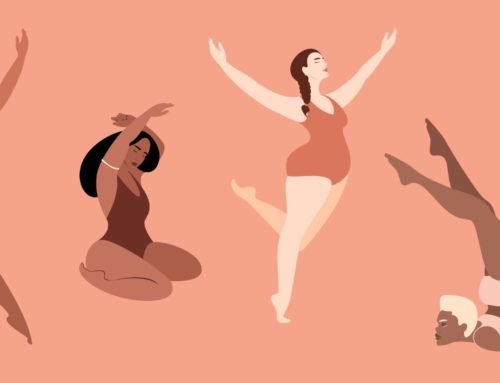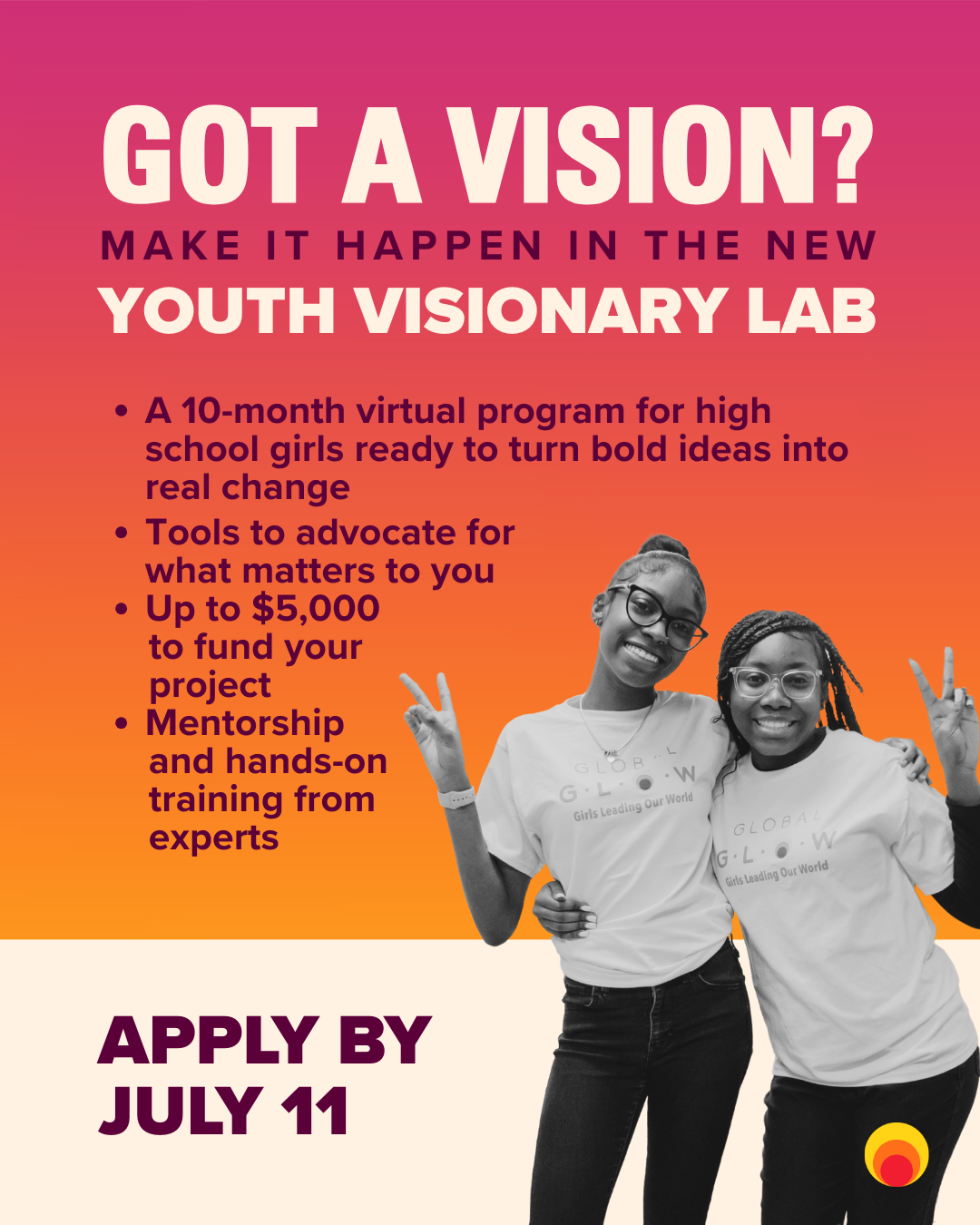COVID-19 and the Rise of FGM in Kenya
Think back to when you were a teenage girl. You probably attended school, spent time with friends, and longed to fit in. Now imagine being discriminated against and mocked by peers and adults because you had not undergone a procedure deemed dangerous to your physical and emotional health.
This was the case for one girl in Kenya, who faced severe discrimination and was forbidden from even attending local ceremonies because she had not undergone female genital mutilation (FGM). Tired of this, she decided to secretly undergo the procedure in order to fit in with societal norms. Unfortunately, she did not heal properly and is now facing surgery to repair the damage. This will have lifelong consequences for her.
Sadly, this scenario happens all too often in Kenya and more than 30 other countries around the world. According to World Health Organization, more than 200 million girls and women alive today have undergone female genital mutilation, and an additional 3 million girls are at risk of undergoing FGM every year. FGM is an extreme form of violence and discrimination against girls and women, a consequence of deep-rooted gender inequality.
The onset of COVID-19 greatly affected gains that had been made both globally and nationally in eliminating FGM. According to UNFPA, there will be a 33% reduction in the efforts towards ending FGM by 2030, which is a Sustainable Development Goal (SDG 5.3). Approximately two million more women and girls will undergo FGM that would have otherwise been prevented.
In Kenya, it is estimated that four million women and girls have undergone FGM. Of this, 11% are young girls aged between 14-19. Lockdowns imposed by the pandemic secretly fueled FGM practices and the teenage girls became more vulnerable. In one case, a number of teenage girls were locked out of the support system that were critical in addressing their issues. Shuttering of protective spaces such as women’s shelters and safe houses, as well as the nine month closure of schools also played a critical role in the increase of gender-based violence and FGM. In addition, the local community has taken advantage of the lack of surveillance and law enforcement during lockdowns.
Economic hardship has also been a contributing factor in the rise of FGM in Kenya. World Bank reported that the unemployment rate doubled to 10.4% in Kenya with an average decline in income by 3.3% during 2020. This report indicated that women and youth were hardest hit, to some extent, the people who had previously abandoned the FGM as an economic venture revived the practice to supplement their income.
Decline or loss of livelihood also forced families to marry off their teenage girls in exchange for money, livestock, or food supplies (locally known as bridge price). FGM is usually done as antecedent for marriage and a passage from “girl to womanwood.’’
Locally, girls who have not undergone FGM are seen as “lesser” and deemed misfits in the community, which often encourages them to undergo the procedure in order to be embraced by society.
The situation is dire and even more complicated for the teenage girls since the onset of COVID-19. The Kenya Health Information System reported 5,558 teenage pregnancies in Narok County alone during the lockdown compared to 4,928 in the previous year. FGM is a direct path way to pregnancy.
What Can Be Done?
In Kenya, the community has engaged traditional leaders who are viewed as gatekeepers and custodians of culture to speak out against FGM. Unfortunately, this has been unsuccessful thus far. To help, NEWI has invested in local advocacy aimed at ending FGM.
Female genital mutilation, like adolescent pregnancy, early childhood marriage and other forms of gender based violence, affects the trajectory of young girls’ future. At NEWI we have moved closer to the community and established a focus group for the vulnerable girls to continue to reach them, especially now that lockdowns have been imposed again due to a local surge in COVID-19 cases. We will continue to face this problem head on until the dangerous practice of FGM has ended.
Written by Levina Ondeng’e, Partnership Coordinator from NEWI in Kenya


